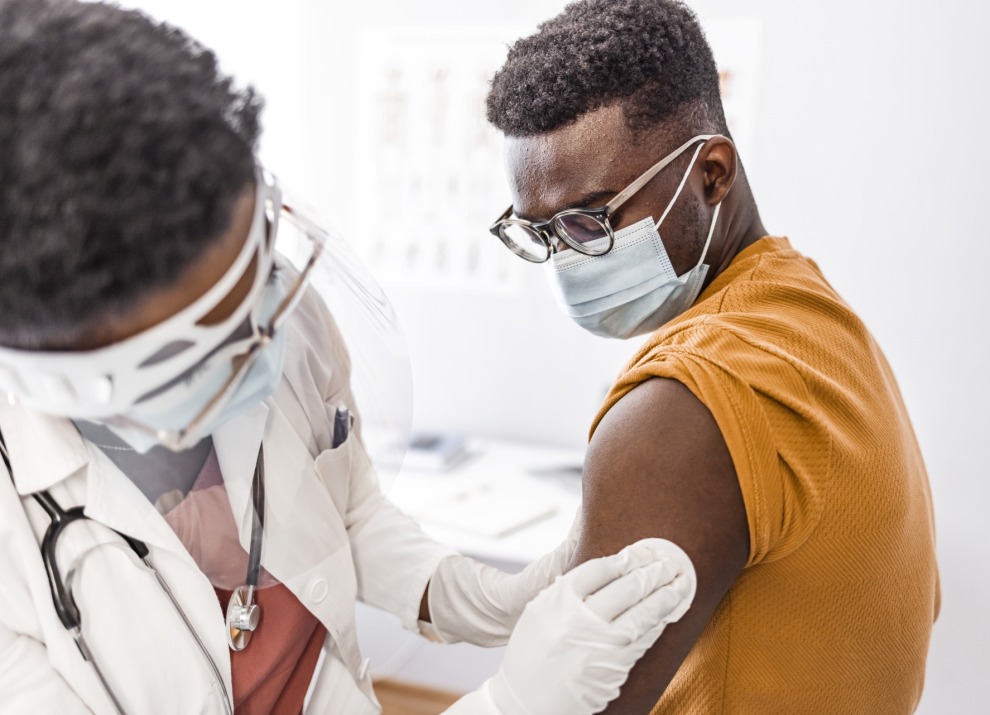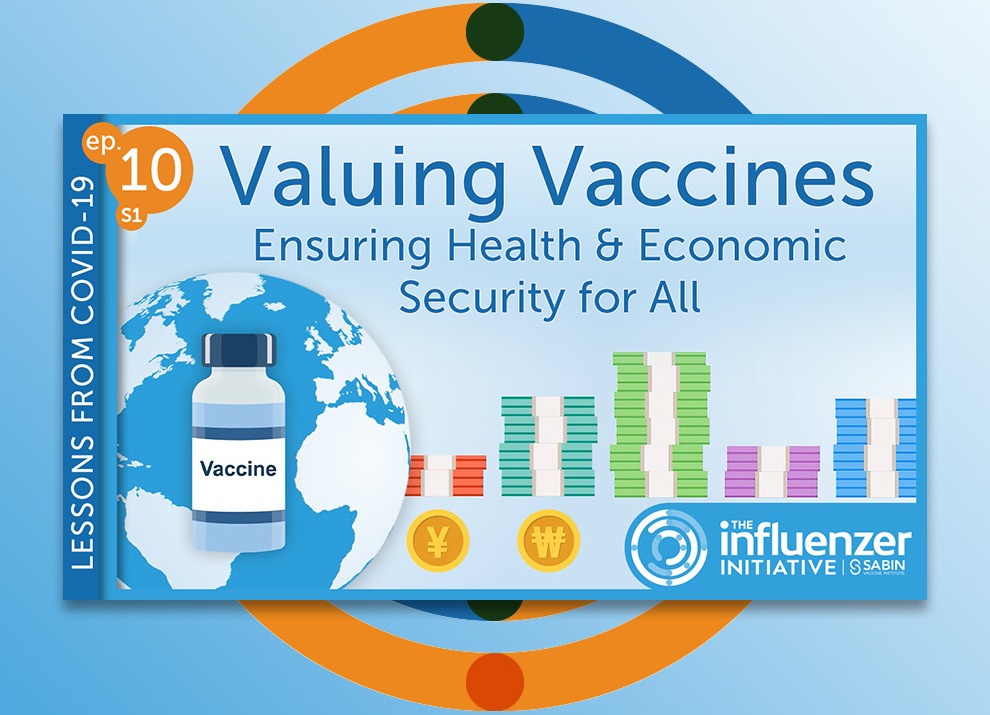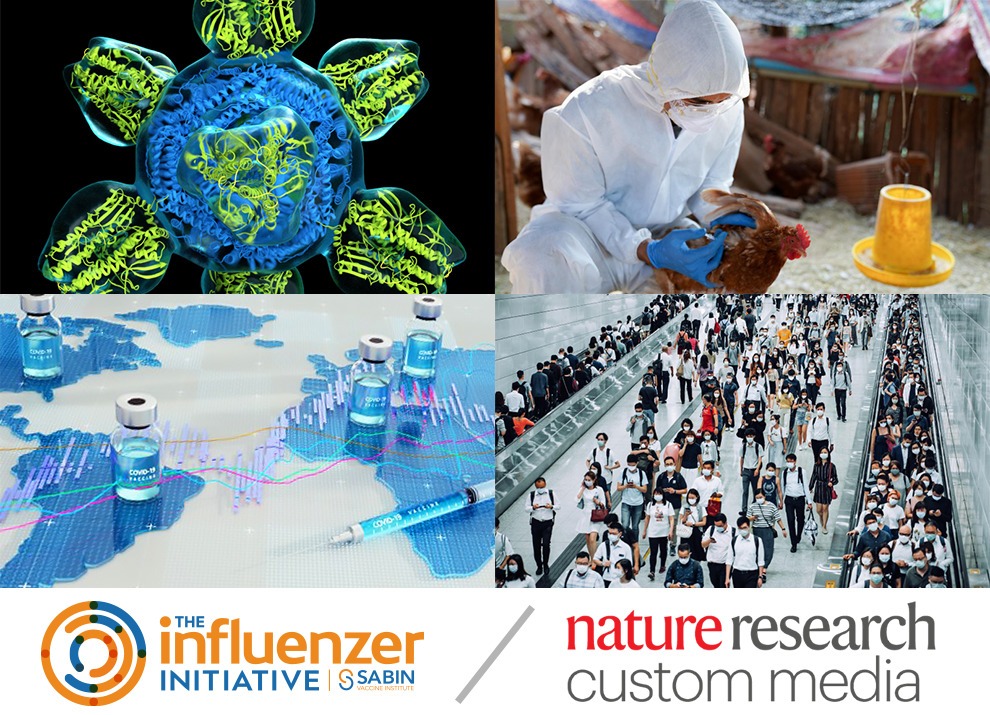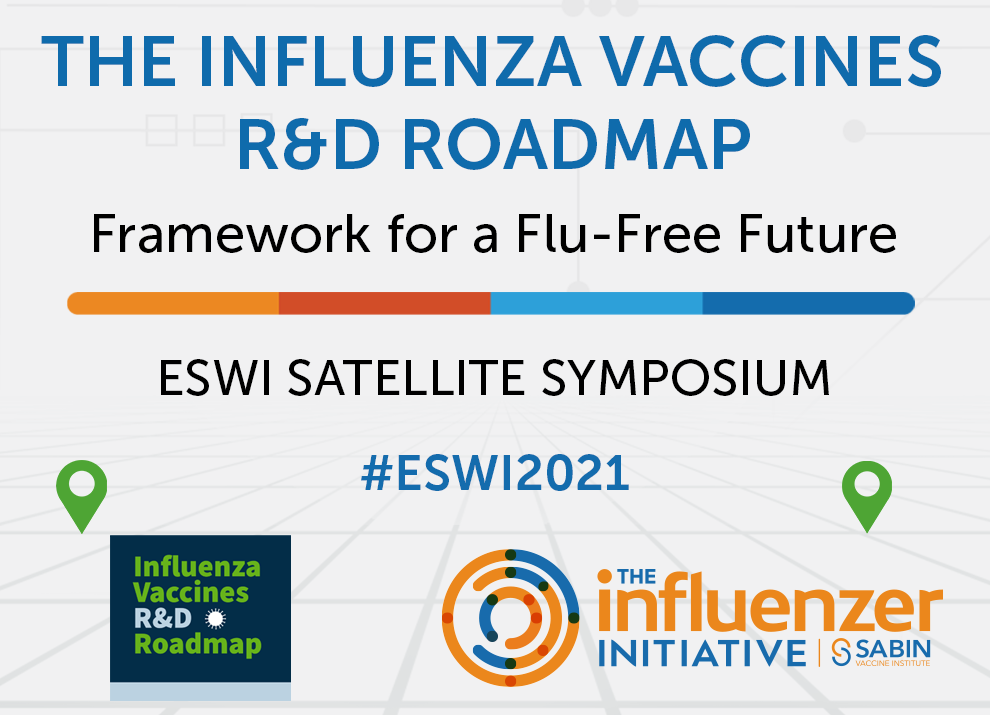Episode 1: To Beat the Next Pandemic, Sustain and Grow Incentives for Collaborative Innovation

Pardis Sabeti shares her insights around the phenomenal scientific and technical response to COVID-19, demonstrating the power of collaborative research and pointing the way to protecting the world from future pandemics.
Blog by Stacey Knobler, Senior Director of Influenza Vaccine Innovation at the Sabin Vaccine Institute.
The scientific and technical response to COVID-19 has united the vast talents and resources of an unprecedented diversity of researchers, industries, institutions, and funders to offer hope in the midst of crisis. Yet even greater than the promise of vaccines, treatments, and diagnostics being developed in record time is the potential to harness and expand the collaborative engines of innovation now focused on COVID-19 to prepare against—or even prevent—future pandemics.
This promise inspires us at the Sabin Vaccine Institute, where we advocate for expanding vaccine access and uptake globally, advancing vaccine research and development, and amplifying vaccine knowledge and innovation. Sabin launched the Influenzer Initiative to address one of science and nature’s greatest challenges: the development of a universal influenza vaccine. Since the emergence of COVID-19, the Initiative has engaged innovators, thought-leaders, and vaccine experts to learn how the extraordinary innovation, collaboration, and investments devoted to the current pandemic may be sustained and channeled to advance development of vaccines against future pandemic threats, including influenza.
One of these thought leaders, Dr. Pardis Sabeti, Professor at Harvard University, the Harvard School of Public Health, the Broad Institute of Harvard and MIT, a Howard Hughes Medical Institute Investigator, and a leader of multidisciplinary research efforts against COVID-19, shares her experiences on the value of collaborative engagement and its potential to drive discoveries to control emerging infectious diseases before they become pandemics:
Beyond COVID-19: Sustaining collaboration for pandemic prevention | Dr. Pardis Sabeti
Dr. Sabeti’s cogent insights build to her conclusion that pandemic science “needs to work a bit differently,” as it has done in response to COVID-19, through open engagement marked by real-time and open data sharing. Further, she recognizes the effort required to maintain this cultural shift in the service of pandemic prevention. “We need to incentivize good action and give recognition for early sharing or thoughtful sharing or collaboration,” she insists, in order to reform an existing system that rewards individual achievement, restricts the dissemination of ideas and stifles cooperative problem-solving. The “de-risking” of information sharing among scientists across the disciplinary and career spectrum represents a critical first step toward collaborative innovation, which could be implemented through mechanisms such as open-source data sharing networks, platforms for virtual collaboration, and repositories of negative results and disproven hypotheses.
“Anything that we do to advance study of one virus, either for preemption or response, will help … for other viruses.”-Dr. Sabeti
Incentives are also needed to broaden the range of scientific and technological expertise focused on pandemic threats. The timing for such an effort is propitious, given the convergence of new and rapidly progressing advances in the life sciences, manufacturing platform technologies, and computational sciences, and their application to everything from protein structure to predictive algorithms of vaccine efficacy. Knowledge-sharing across disciplines—the basis of collaboration—will be facilitated through the development of a common language, a process that could be encouraged through activities such as hackathons, cross-disciplinary mentor- or partnerships (which could be facilitated through “match-making” services), and in physical and virtual spaces dedicated to scientific and technical collaboration.
Increased flexibility in funding, now largely confined within disciplines and sectors, will be needed to sustain broad-based collaborative approaches to developing defenses against diseases with pandemic potential. In the meantime, cross-disciplinary engagement can be inspired and rewarded through directed initiatives such as grand challenges and prizes, and through grants or programs that support relevant professional development. Novel funding—across sectors, from private capital, and through philanthropic donor investment—has been a key driver of the exemplary scientific and technological response to COVID-19. These nascent lines of support for collaborative innovation now must be enlarged to reflect the demonstrated importance of pandemic prevention to global health and economic security.
Our future depends on breakthroughs like that envisioned by Dr. Sabeti, her collaborator Dr. Christian Happi, Professor and Director of the African Center of Excellence for Genomics of Infectious Diseases at Redeemer’s University in Nigeria, and their funders at The Audacious Project. Teamed with expert partners in healthcare technology, data analytics and visualization, and architecture, they are building Sentinel, a CRISPR-based pandemic preemption system that combines robust diagnostics with information technology, empowering the global health community swiftly to stamp out any viral threat, anywhere in the world.
Dr. Sabeti observes that “anything that we do to advance study of one virus, either for preemption or response, will help … for other viruses.” The Influenzer Initiative, launched in 2019, envisions the kind of global, multi-sectoral, cross-disciplinary effort now unfolding in response to COVID-19—but with the goal of preventing the catastrophic consequences of the inevitable emergence of pandemic influenza. As we bear simultaneous witness to the power of a pandemic to destroy, and of science and technology to create, our resolve to foster collaborative innovation toward development of a universal influenza vaccine is strengthened.







